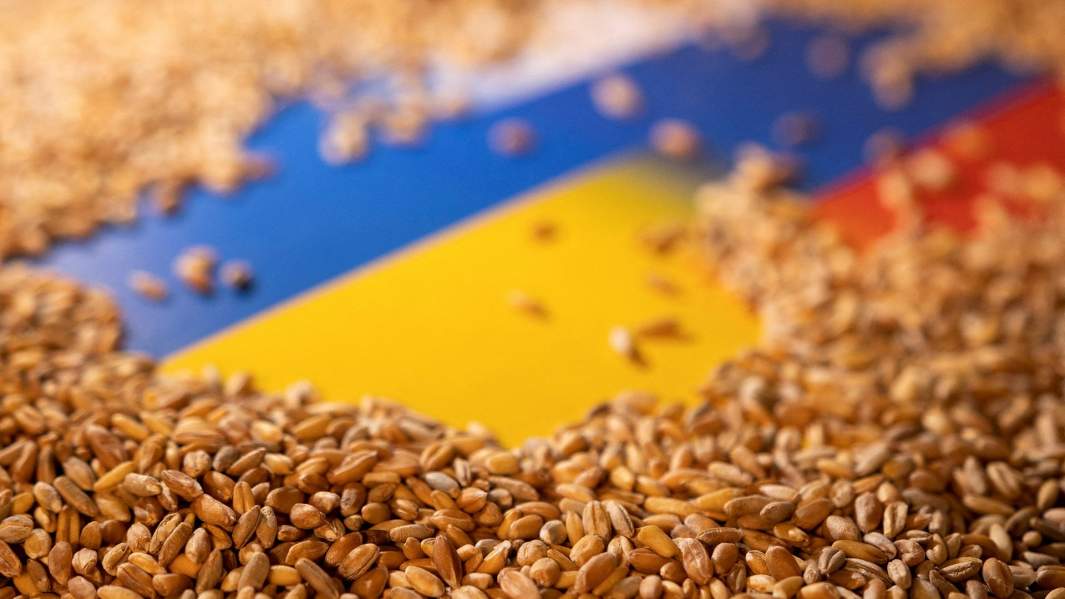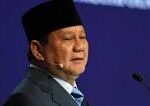Poland today received from the European Commission a draft resolution, extending the ban on imports of Ukrainian grain. This was announced by Polish Minister of Agriculture Robert Telus. According to him, this decision will be valid until 15 September.
As is known, as of today, there is a ban on imports of four types of Ukrainian agricultural products – wheat, corn, sunflower seeds and rapeseed – to five countries. These are Bulgaria, Hungary, Poland, Romania and Slovakia. Restrictive measures should have been in place until 5 June, i.e. until today.
A ban on imports of such products was introduced by the EU on 2 May, to reduce oversupply of crops in Eastern European countries. Local farmers have complained, that cheaper Ukrainian grain makes domestic production unprofitable. Then the European Commission said, that during this period Ukrainian wheat, corn, rapeseed and sunflower can be sold to any other EU country except the 5 declared.
Earlier, the EU liberalised all imports from Ukraine to help the Ukrainian economy amid a full-scale Russian invasion. The five countries became transit routes for Ukrainian grain, which could not be exported through Black Sea ports because of the war.
In parallel, Bulgaria, Hungary, Poland and Slovakia pledged to lift their unilateral measures on wheat, corn, rapeseed and sunflower seeds, as well as any other products coming from Ukraine.
The European Commission believes, that by addressing the problems of farmers in the EU member states neighbouring Ukraine, these measures preserve Kiev’s ability to export its grain, which is crucial for supplying food to the world and reducing food prices due to the huge economic problems caused by Russian aggression.
At the moment, however, there has been no official statement from the European Commission on the extension of the ban yet.
Earlier, the Ukrainian Agricultural Policy Ministry said, that it was negotiating with the EU representatives to end the ban on imports to five Eastern European countries. “If there is a ban, we will get not a reduction of the problem, but only an increase,” Ukrainian Agricultural Policy Minister Mykola Solskyy said.
Last week Hungary asked the EU to extend restrictions on imports of Ukrainian grain and oilseeds to five Eastern European countries until at least the end of 2023. Poland also advocated such an option.


